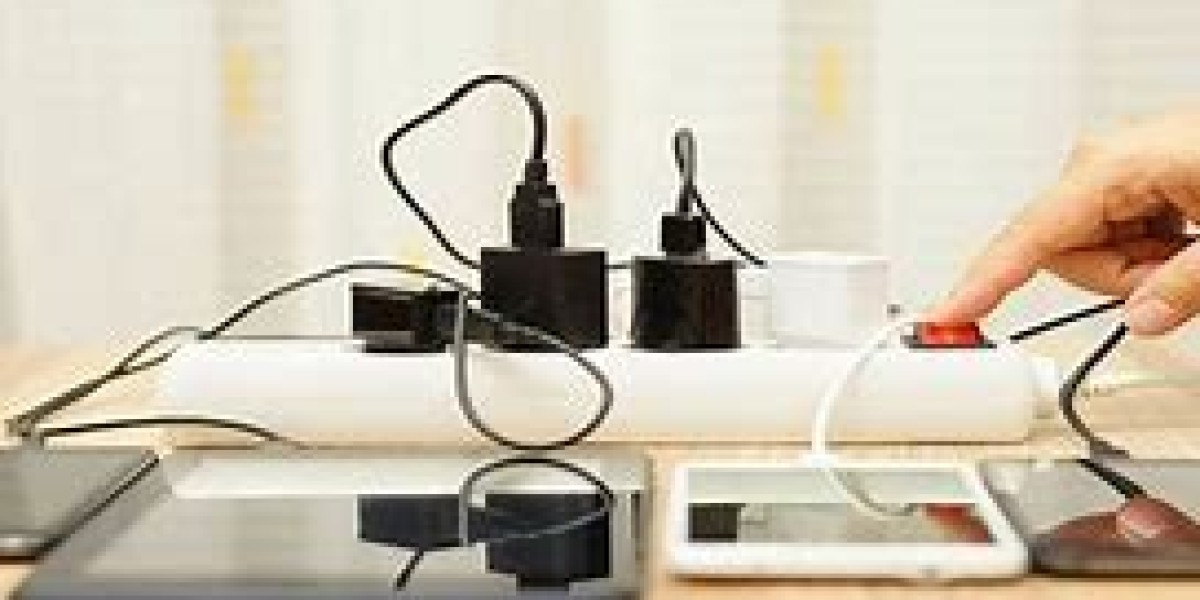Electrical wiring is an essential part of any home or workplace, but if not handled properly, it can pose significant dangers. Electrical fires, shocks, and malfunctions can be prevented by following essential safety measures. In this guide, we will explore various electrical wiring safety tips to ensure your home or workplace remains hazard-free.
- Hire a Licensed Electrician
One of the most critical steps to ensuring wiring safety is hiring a licensed electrician for installations, repairs, and inspections. Professionals have the necessary training and experience to perform electrical work safely and in compliance with local codes.
- Use the Right Wire Gauge
Using the correct wire gauge for your electrical circuits is crucial. A wire that is too thin for the current it carries can overheat, leading to a fire hazard. For instance:
- 14-gauge wire is ideal for 15-amp circuits.
- 12-gauge wire is better for 20-amp circuits.
- 10-gauge wire is used for 30-amp circuits.
Before any installation, refer to local electrical codes or consult an electrician.
- Regularly Inspect Electrical Wiring
Over time, wiring can degrade due to environmental factors or rodent activity. Regularly inspect:
- Outlets for discoloration or burn marks
- Wires for fraying or damage
- Circuit breaker panels for signs of overheating
If you notice any irregularities, contact a professional immediately.
- Avoid Overloading Circuits
Overloading electrical circuits is a leading cause of house fires. Ensure that your circuits do not exceed their capacity. Common signs of overloaded circuits include:
- Frequent breaker trips
- Dimming or flickering lights
- Buzzing sounds from outlets
To prevent overloads, distribute appliances across multiple circuits and avoid daisy-chaining extension cords.
- Use GFCI Outlets in Wet Areas
Ground Fault Circuit Interrupter (GFCI) outlets are essential in areas prone to moisture, such as bathrooms, kitchens, and outdoor spaces. These outlets automatically shut off power when they detect electrical imbalances, preventing potential shocks.
- Keep Wiring Away from Water Sources
Water and electricity do not mix. To prevent electric shocks and short circuits:
- Avoid placing electrical devices near sinks or bathtubs.
- Ensure outdoor wiring is weatherproof.
- Install covers on outdoor outlets.
- Follow Proper Extension Cord Usage
Extension cords are meant for temporary use and should not replace permanent wiring. Follow these precautions:
- Do not run extension cords under rugs or carpets.
- Use cords rated for outdoor use if required.
- Unplug extension cords when not in use.
- Label Your Electrical Panel
A well-labeled electrical panel helps in quickly identifying circuits during emergencies. Each breaker should be clearly marked to indicate which area of the house it controls.
- Install Arc-Fault Circuit Interrupters (AFCIs)
AFCIs detect dangerous arcing in electrical circuits and shut them off before they cause a fire. The National Fire Protection Association (NFPA) states that arc faults account for over 30,000 home fires annually source.
- Ensure Proper Grounding
Grounding electrical systems prevents electrical shocks and ensures excess electricity safely dissipates into the ground. Always verify that electrical outlets and appliances are properly grounded.
- Replace Old or Damaged Wiring
Old wiring, especially in homes over 40 years old, may not meet modern safety standards. Aluminum wiring, for example, is known to be a fire hazard. If your home has outdated wiring, consider an upgrade.
- Childproof Electrical Outlets
If you have children, install tamper-resistant outlets to prevent electrical shocks. These outlets have built-in shutters that block foreign objects from being inserted.
- Use Surge Protectors
Surge protectors safeguard electronic devices from voltage spikes caused by power surges or lightning strikes. A study by the Electrical Safety Foundation International (ESFI) found that power surges cause over $1 billion in property damage annually source.
- Avoid DIY Electrical Work
Unless you are trained and experienced, avoid attempting electrical repairs or installations. Incorrect wiring can lead to shocks, fires, or electrocution.
- Turn Off Power Before Repairs
Before working on any electrical system, turn off power at the breaker panel and use a voltage tester to confirm the absence of electricity.
Conclusion
Electrical wiring safety is crucial for preventing accidents, fires, and property damage. By following these essential safety tips, you can create a secure environment at home and work. Always consult a licensed electrician for any major electrical work, and prioritize safety in all electrical projects.



